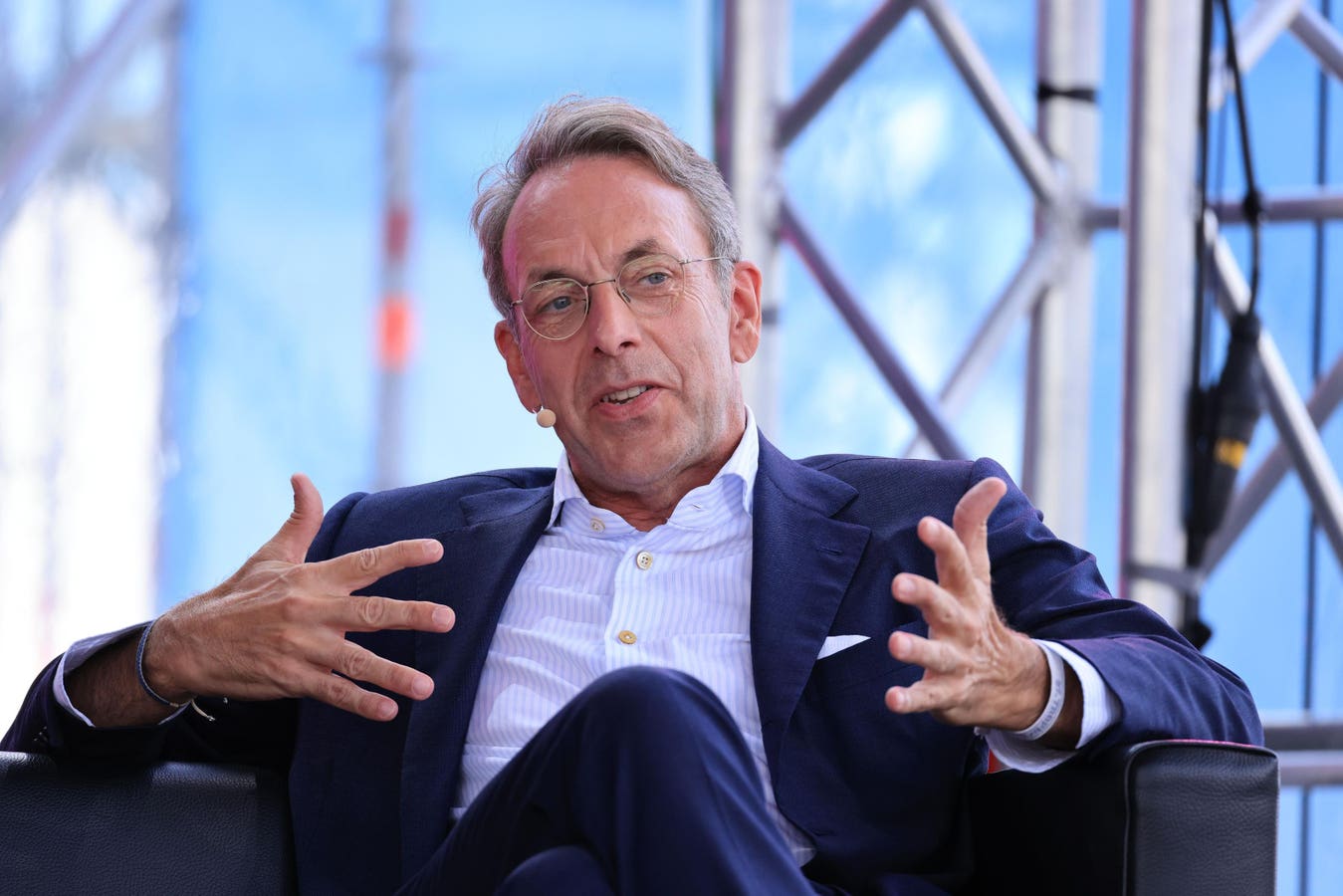Facebook, Spotify and Revolut investor Klaus Hommels says that his fund Lakestar has closed its door to external investors, and will invest from Hommels’s own capital.
Getty Images
One of Europe’s largest venture capital funds told its investors that it won’t raise new “generalist” venture funds and plans to focus on its existing startup bets. Lakestar’s founder and chairman Klaus Hommels, famed for his early investments in Facebook and Spotify, wrote in a letter to investors that he didn’t plan to raise new funds from LPs and instead future startup bets would be made from his personal capital.
“Going forward both Lakestar’s and my focus will be on maximizing the potential of the existing portfolio and we will not raise any new generalist venture funds as we have in the past,” wrote Hommels in a letter published on Lakestar’s website on October 23.
Hommels said his focus was now on doubling down on his existing portfolio like Revolut, which is reportedly in talks to raise at a $75 billion valuation, and defense unicorns Helsing, Auterion and German rocket startup Isar Aerospace.
Hommels, a former Benchmark Capital partner, founded Lakestar in 2012 and has gone on to raise over $2 billion from investors, making the Zurich, Switzerland-based fund one of Europe’s largest VCs.
Lakestar had raised $500 million earlier this year for a new defense fund and a “continuation” vehicle that would back its existing startups. Hommels had been an early champion of backing defense startups and promised last year to invest over $100 million of his own money to support Europe rebuilding its defense industry.
The German-born investor, who was a fixture on the Forbes Midas List of the best venture capital investors for over a decade, told investors that he planned to invest seed funding for several members of the Lakestar team to start their own funds. Lakestar will now be primarily investing Hommel’s personal capital but the fund would also look at “targeted new investment products” from external investors to help its existing portfolio.
Lakestar’s shakeup comes amid a fund raising slump for European venture funds despite a recent boom in artificial intelligence and defense startups. VC’s institutional backers have faced a prolonged hangover from the pandemic as exits from initial public offerings and takeovers slowed to a trickle. Pitchbook data shows that Europe-based venture funds have raised $8 billion so far this year, down two-thirds from the $27 billion raised in 2024.
Hommels built his investment reputation on a string of early angel investments in Facebook, Spotify, Skype and German social network Xing. He went onto raise external capital and Lakestar grew into one of Europe’s largest venture funds with offices in London, Zurich and Berlin. Its reputation was cemented through early bets on some of the continent’s biggest startups, like Revolut, Klarna and Helsing, which was last valued in a June fund raise at $12 billion.
Tension between Hommels’ personal investments and side projects has sometimes spilled out into public. German newspaper Handelsblatt reported in 2023 on investor complaints about side bets made by Hommels, and companies linked with him, in breakout startups like Revolut. Earlier this year, Hommels resigned as chair of the NATO Innovation Fund, a $1 billion defense fund backed by members of the alliance, following allegations of conflicts of interest around the fund backing two Lakestar portfolio startups. He remains the chair of the fund’s advisory council. Lakestar was approached for comment.
More from ForbesForbesHow Midas List Investor Klaus Hommels Became Europe’s Startup Secret WeaponBy Alex KonradForbesThis Top VC Wants To Use Main Street America As An AI LabBy Iain MartinForbesEuropean AI Unicorn Pivots To Launch Fleet Of Killer DronesBy Iain MartinForbesRevolut Billionaire CEO Is The Latest Ultra-Wealthy Founder To Leave London After Tax ChangeBy Iain Martin

